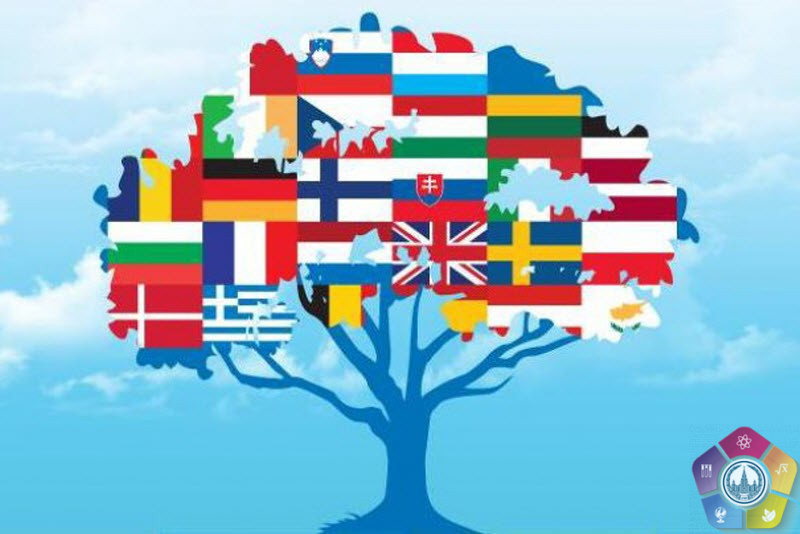European Day of Languages
Date /
European Day of Languages is a holiday proclaimed by the Council of Europe and supported by the European Union.
The main aim of the day is to encourage people to learn and master different languages in and out of school throughout their lives.
The most widespread language in Europe (by the number of native speakers) is Russian, both geographically and territorially: over 105 million people live in the European part of Russia; 15 to 40 million of native Russian speakers including bilingual speakers live in Ukraine; 6 to 10 million live in Belarus. All in all, Russian is native to more than 150 million Europeans.
It is followed by German with big breakaway - about 95 million, French - 66 million, English - 63 million, Italian - 60 million, Spanish and Polish - about 40 million each, and Ukrainian - about 25-30 million of native speakers.
The linguistic picture of Europe has changed considerably in recent years. In Moscow, the largest European metropolis, you will often encounter voices of almost all CIS countries, many Germans speak Turkish, the French speak Arabic, etc.
It is worth noting that Russian is well spoken by citizens of many European countries, and in some EU states even today the most prestigious public schools are so-called "Russian schools", often named after our great compatriots (Pushkin, Gagarin, etc.).
An inconvenient fact for the respectable national services responsible for preservation and strengthening of the Russian language abroad (including in Europe) is that our great and mighty language is preserved and developed mainly not thanks to, but despite.
Possible objections such as "well, there are unfriendly countries, and they kick out our diplomats" do not stand up to criticism. It is not diplomats who allow and help the Russian language to survive abroad, but ordinary Russophiles who continue to respect Dostoevsky and Tolstoy, regardless of the degree of the global political agenda.


